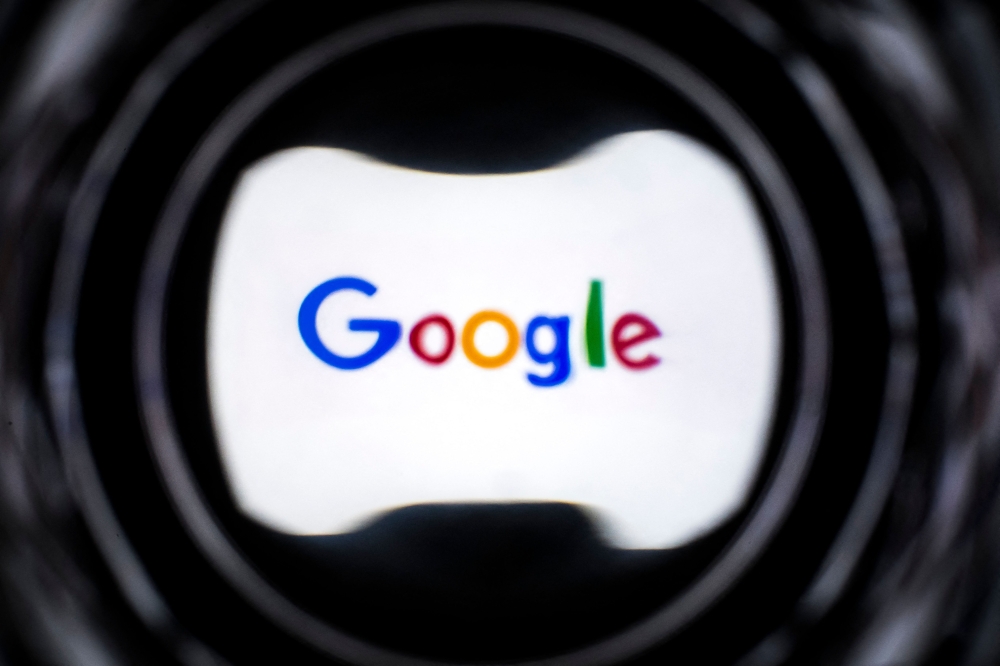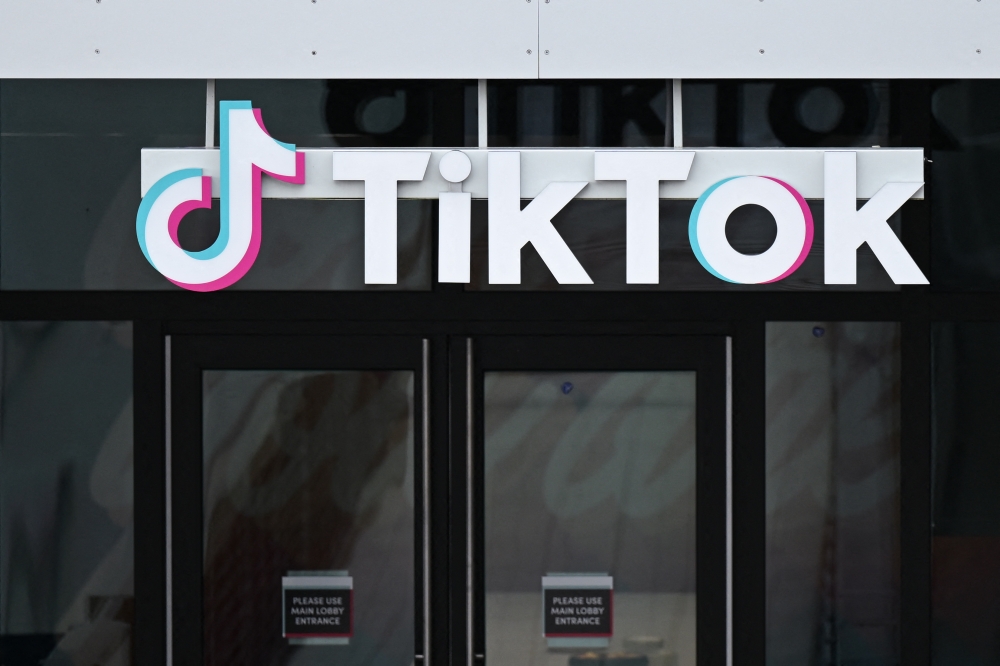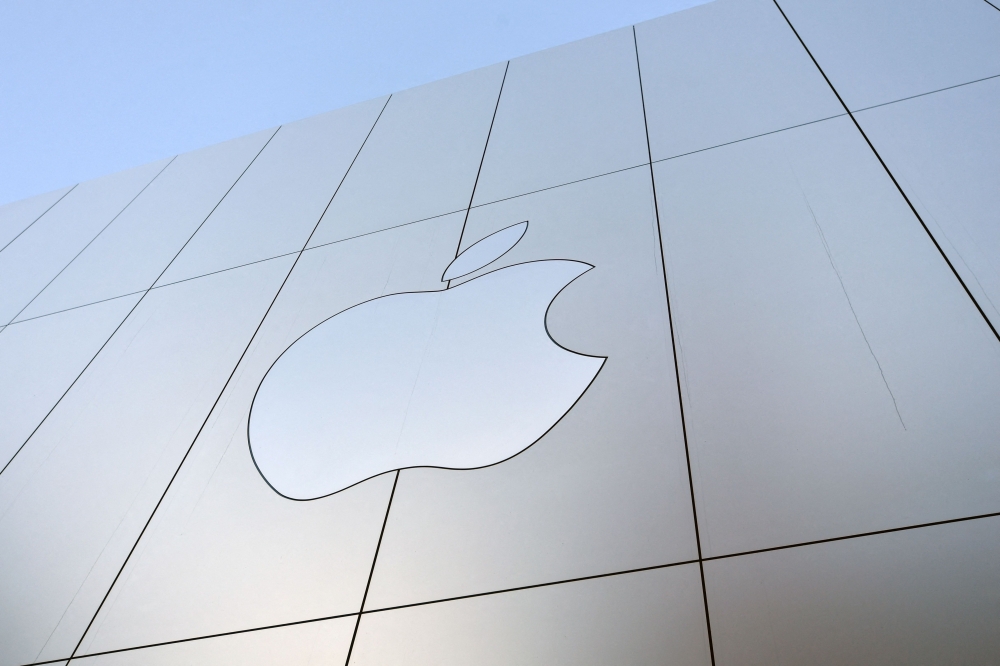Although TikTok may be the go-to platform for entertaining videos, anyone looking to learn about COVID-19, climate change, or Russia’s invasion of Ukraine is likely to find inaccurate information there, according to a study released on Wednesday.
When NewsGuard researchers searched TikTok for content on popular news subjects, they discovered that approximately 1 in 5 of the videos that were automatically suggested by the platform contained false information.
For instance, the top five videos that came up in searches for “mRNA vaccination” featured false material, including unfounded assertions that the COVID-19 vaccine results in “permanent harm in children’s essential organs.”
Researchers looking for information about abortion, the 2020 election, the Jan. 6 insurrection at the US Capitol, climate change or Russia’s invasion of Ukraine on TikTok found similarly misleading videos scattered among more accurate clips.
The amount of misinformation – and the ease with which it can be found – is especially troubling given TikTok’s popularity with young people, according to Steven Brill, founder of NewsGuard, a firm that monitors misinformation.
TikTok is the second most popular domain in the world, according to online performance and security company Cloudflare, exceeded only by Google.
Brill questioned whether ByteDance, the Chinese company that owns TikTok, is doing enough to stop misinformation or whether it deliberately allows misinformation to proliferate as a way to sow confusion in the US and other Western democracies.
“It’s either incompetence or it’s something worse,” Brill told The Associated Press.
TikTok released a statement in response to NewsGuard’s report noting that its community guidelines prohibit harmful misinformation and that it works to promote authoritative content about important topics like COVID-19.
“We do not allow harmful misinformation, including medical misinformation, and we will remove it from the platform,” the company said.
TikTok has taken other steps that it says are intended to direct users to trustworthy sources. This year, for example, the company created an election center to help US voters find voting places or information about candidates.
The platform removed more than 102 million videos that violated its rules in the first quarter of 2022. Yet only a tiny percentage of those ran afoul of TikTok’s rules against misinformation.
Researchers found that TikTok’s own search tool seems designed to steer users to false claims in some cases. When researchers typed the words “COVID vaccine” into the search tool, for instance, the tool suggested searches on key words including “COVID vaccine exposed” and “COVID vaccine injury.”
When the same search was run on Google, however, that search engine suggested searches relating to more accurate information about vaccine clinics, the different types of vaccines and booster shots.
State officials and federal lawmakers have taken notice of TikTok’s popularity surge, and some have voiced worries about the privacy and security of its data.
A hearing on social media’s effect on national security will be held by the Senate Homeland Security and Governmental Affairs Committee on Wednesday. Vanessa Pappas, the chief operating officer of TikTok, as well as executives from YouTube, Twitter, and Meta, the company that owns Instagram and Facebook, are scheduled to testify.

















Leave a Reply